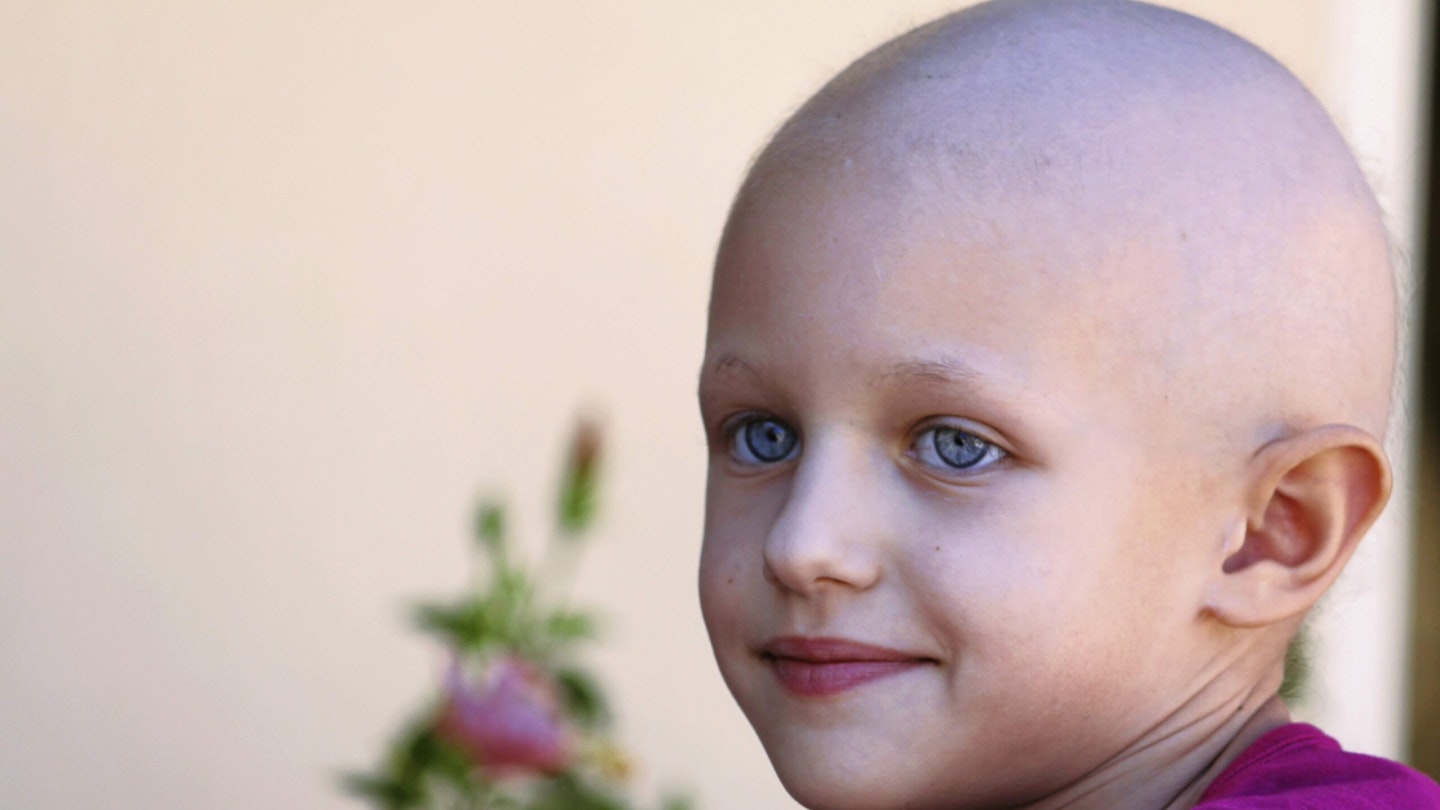Cancer is the biggest killer of children in the UK, yet less than three per cent of government funding for cancer goes into those affecting kids. What’s going on?
It is every parent’s worst nightmare. According to Cancer Research around 1800 children in the UK are diagnosed with cancer every year.
Tragically, four children in Britain die of cancer each week. Yet, despite these figures, less than three per cent of research funding in the UK is spent on researching children’s cancer — perhaps in part because adult cancer is more common, but also because there are so many different types of children’s cancer. This means that many of the treatments haven’t changed for years, resulting in harsh chemotherapy, which is often given at adult levels.
Former professional footballer Ashley Cain, whose eight-month-old daughter Azalyia died last year of a rare form of leukaemia, is fighting for change.
He says: ‘Childhood cancer is not rare. We need government and cancer-research funding to increase. Less than three per cent is not enough for these children, who give nothing less than 100 per cent. Less than three per cent is not enough for their parents, who would give their own life in place of their child.
‘We are raising awareness to be heard by the powers-that-be to evoke change for a brighter future for these incredible children fighting cancer.’
Alice’s Arc is a children’s cancer charity that works alongside hospitals such as Great Ormond Street and the Royal Marsden, helping to fund salaries, purchase equipment and further research.
Sara Wakeling, founder of Alice’s Arc, named after her daughter Alice who died from rhabdomyosarcoma, says: ‘If
your child is diagnosed with a childhood cancer, it’s shocking to learn how little investment is made into researching these cancers. However, there are over 100 subtypes of childhood cancers broadly broken down by blood, brain and solid tumour types.
‘In order to improve outcomes, we need greater funding to understand the biology of each subtype and convert these learnings into new and kinder treatment options.
‘Families also need to work together to form a collective voice to raise awareness and make impact.’
Ashley Ball-Gamble CEO of CCLG, the children’s cancer and leukaemia group, says: ‘We are making progress. In the past, 30 per cent of children survived cancer, and now it’s 80 per cent. But we do need to work to improve treatment.
‘Cancer treatment is poisonous, toxic and debilitating, and some chemotherapy treatments are 40 years old.’
To make change happen, Ashley Cain believes we need to act now.
He says: ‘We need to support children fighting cancer by helping them access treatment not readily available from the NHS, while at the same time working with Cancer Research and medical institutions to advance early diagnosis and accelerate the availability of new treatments in the UK.’
Edited by Julie Cook
‘My boy’s death cannot be in vain’
My son Jake was just about to start reception year at school when he complained of achy legs. A month later he got bruises on his shins. I took him to the GP who ordered blood and urine tests. Later that day we returned again as his white blood cells were high.
Doctors then gave us the news that he had neuroblastoma, an aggressive children’s cancer with only a 30 per cent chance of survival. Jake’s was at stage four — the most advanced stage.
Jake stayed in hospital for two weeks and needed a nuclear scan to look for growths in the body. He was put under general anaesthetic, but afterwards he didn’t wake up. It turned out his body was riddled with advanced tumours. In the hours that followed, Jake’s heart stopped twice. The oncologists tried urgent chemo but nothing worked.
We had to make the hardest decision of our lives — no more treatment. Later that day he passed away in my arms. He was four and a half, and it was only 15 days since we’d first visited the GP.
I never stop thinking about Jake. What if we’d spotted signs sooner? What if there had been better treatments?
I hope one day the Government deems childhood cancer important enough to invest the millions it needs. Our children deserve it.
From Claire Croft, 36, of Barnsley, S Yorks
